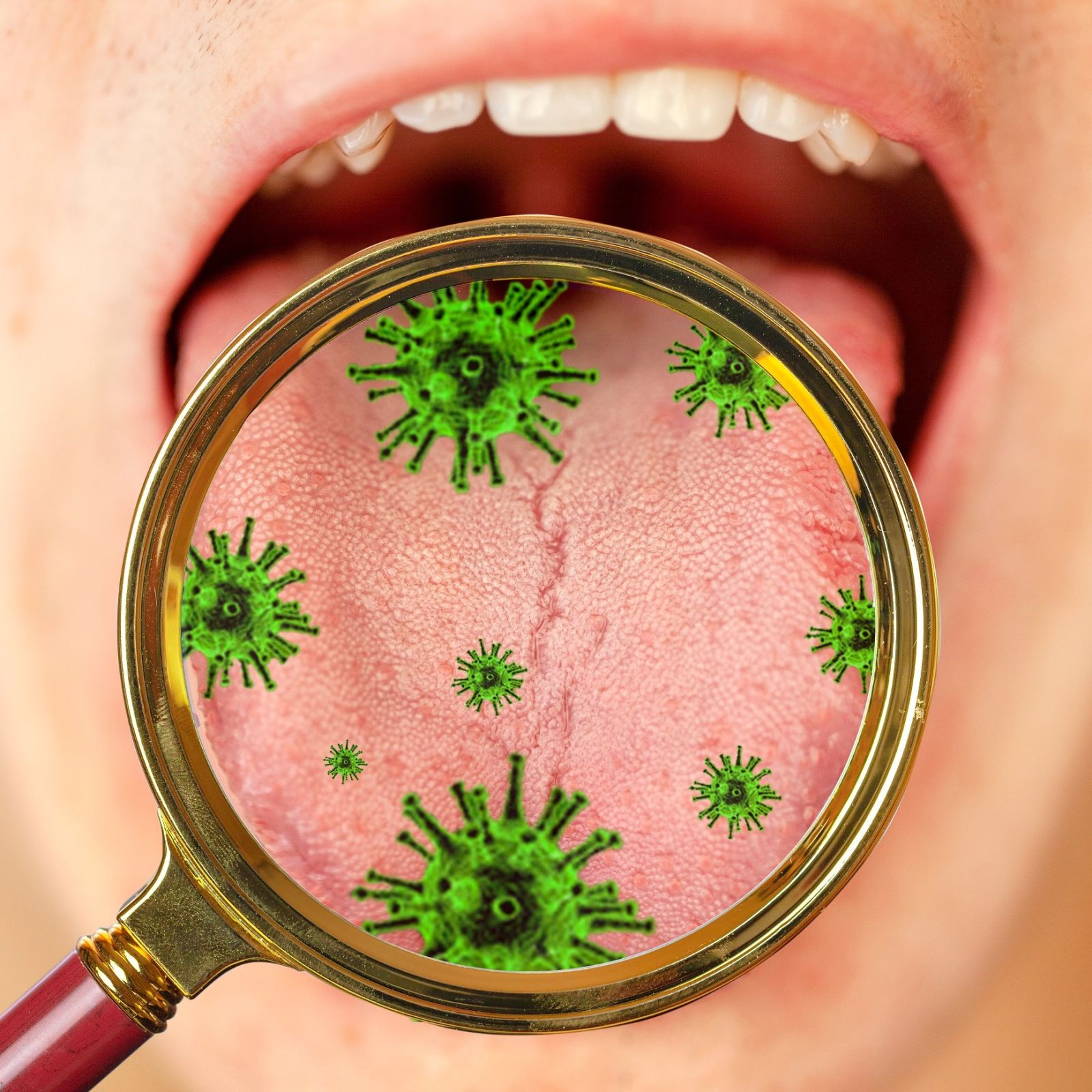This AI diagnoses diseases using a photo of your tongue, with 98% accuracy
Published by Cédric,
Article author: Cédric DEPOND
Source: Technologies
Other Languages: FR, DE, ES, PT
Article author: Cédric DEPOND
Source: Technologies
Other Languages: FR, DE, ES, PT
Follow us on Google News (click on ☆)

Results of the reconstruction. The upper block shows ten examples from the B2G dataset (stimuli generated by GAN), and the lower block shows ten examples from the GOD dataset (natural stimuli). The top rows display the original stimuli, the middle rows the reconstructions by the PAM model (P), and the bottom rows the reconstructions by the linear decoder (L).
This technology is based on an ancient practice of Chinese medicine, which examines the tongue to assess a patient's health. Ali Al-Naji, an associate professor at MTU and UniSA, explains that the color, shape, and thickness of the tongue are key indicators of many medical conditions. For instance, a yellow tongue could reveal diabetes, while a purple tongue with a thick coating might indicate cancer. Moreover, a red tongue with unusual shapes is often linked to strokes.
The researchers trained their algorithm using 5,260 images of tongues, sourced from two Middle Eastern hospitals, where patients presented various health disorders. By analyzing these images, the AI model learned to associate the tongue's color with corresponding diseases. In most cases, the real-time results obtained by the AI were almost always accurate.
The team utilized six machine learning algorithms, including the random forests method and the gradient boosting technique, to optimize prediction accuracy. They also adjusted the system to operate under diverse lighting conditions, leveraging five different color models.
Javaan Chahl, co-author of the study and a professor at UniSA, already envisions this technology being adapted for smartphones. This would allow anyone to easily monitor their health through a simple tongue analysis. This method combines tradition with innovation, offering a solution that is not only fast and efficient but also accessible and affordable.
With this advancement, AI again demonstrates its potential in the medical field, not only to speed up diagnostics but also to provide widely available screening tools. The researchers' study, published in the journal Technologies, paves the way for more preventive and personalized medicine.